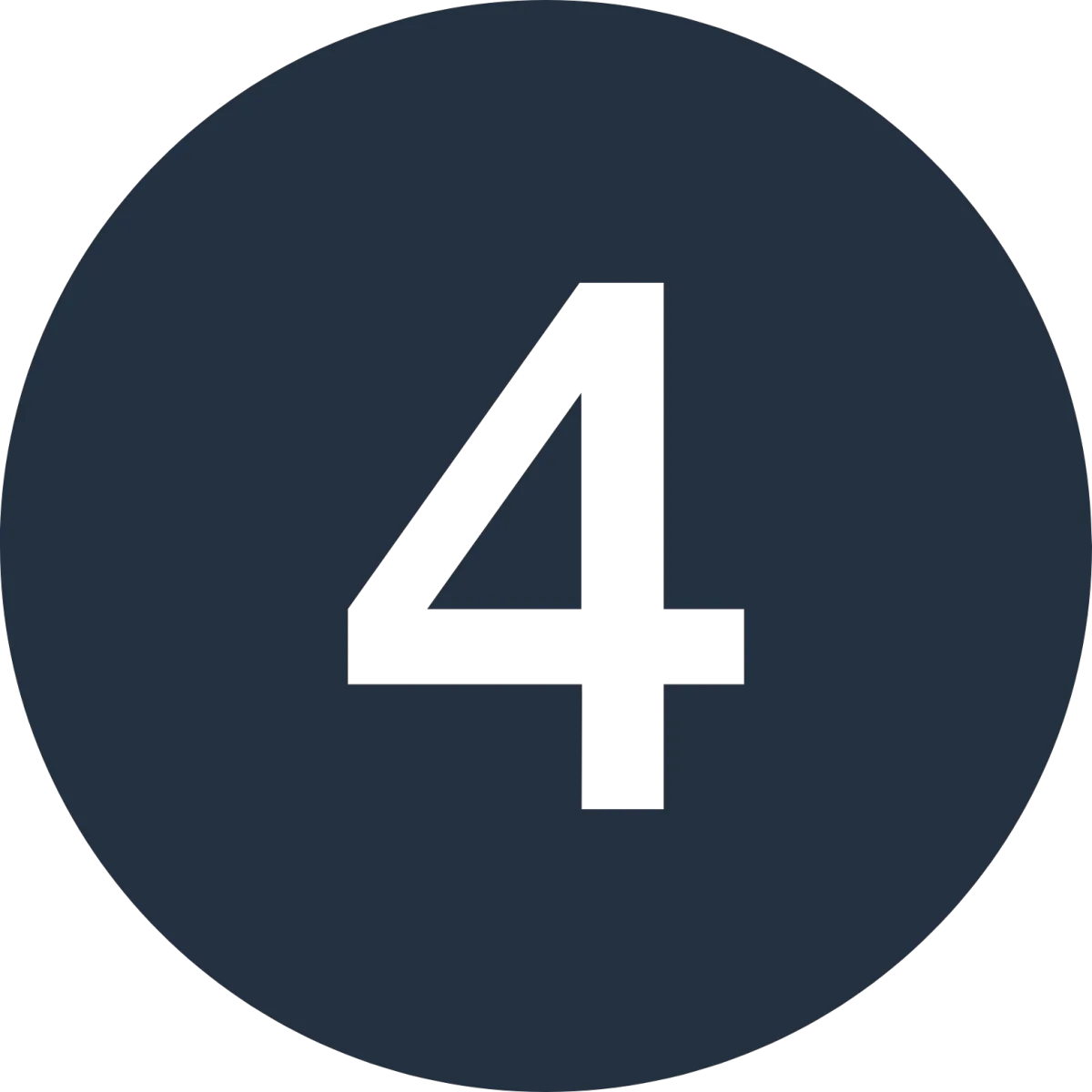Helping Canadian Homeowners and Landlords Turn Their Mortgage Into a Wealth-Building Machine
As a Mortgage Agent & Certified Smith Manoeuvre Professional, I help homeowners and landlords turn their mortgage into a tool for long-term wealth - by restructuring it to reduce interest, build equity, and become mortgage-free up to 15 years sooner.
Helping Canadian Homeowners Turn Their Mortgage Into a Wealth-Building Machine
As a Mortgage Agent & Certified Smith Manoeuvre Professional, I help homeowners and landlords turn their mortgage into a tool for long-term wealth—by restructuring it to reduce interest, build equity, and become mortgage-free up to 15 years sooner.
Most People See Debt as a Burden -Wealthy People Use It to Build Wealth
If you're still following the traditional approach - paying down your mortgage slowly over 25–30 years - you’re likely leaving hundreds of thousands of dollars on the table.
Over the last 15 years, I've helped over 200 homeowners and landlords strategically leverage their mortgage to:
Pay off your mortgage smarter (not just faster)
Leverage debt to build long-term wealth
Scale your real estate portfolio without over leveraging
Smart Canadians are using strategic mortgage restructuring to pay less interest, access more cash flow, and accelerate their financial goals.
You’re Already Paying Your Mortgage-Let’s Make It Work For You
Whether you’re a homeowner, growing family, or landlord, you can use your mortgage to build wealth - without earning more, cutting back, or changing your lifestyle.

You’re a Canadian Homeowner
who wants to pay off your mortgage while building wealth

You’re a Canadian Landlord
looking to scale your portfolio with smart financing

You’re a Growing Family
that wants to create financial security for your future

You Want to Retire Comfortably
without financial stress or overpaying on interest
Two Ways to Handle Your Mortgage - Only One Leads to Financial Freedom
Most homeowners follow the traditional path - paying down their mortgage slowly, over decades, while missing out on real opportunities to build wealth.
But what if your mortgage could work for you?
With the right strategy, you can accelerate your payoff timeline, reduce your interest burden, and use the money you’re already spending to invest in your future.
Here’s what that difference looks like:
The Old Way
Paying off your mortgage slowly, with no investment strategy
Losing thousands in interest payments
Waiting decades for financial freedom
The Smart Way
Using your mortgage as a financial tool
Paying it off 10–15 years sooner
Building wealth while you pay it down
How I Help You Build Wealth Through Your Mortgage

We Identify Hidden Wealth
We’ll uncover the untapped potential in your current mortgage setup.

You Get a Personalized Strategy
Designed around your goals, timeline, and income - with zero lifestyle changes.

We Put Your Mortgage to Work
We restructure your mortgage to reduce interest and free up money.

You Build Wealth, Stress-Free
Your mortgage works for you - not against you - every single month.

We Identify Hidden Wealth
We’ll uncover the untapped potential in your current mortgage setup.

You Get a Personalized Strategy
Designed around your goals, timeline, and income—with zero lifestyle changes.

We Put Your Mortgage to Work
We restructure your mortgage to reduce interest and free up money.

You Build Wealth, Stress-Free
Your mortgage works for you—not against you—every single month.
How My Clients Are Building Wealth

100 Google reviews

Diane G. became the answer to my prayers. I only wish that she appeared sooner. I first met Diane on one of her online seminars. She meticulously explained the services she provides and it all made sense to me. Diane remains in contact, picks up or quickly returns each of my calls and most importantly, walked me through each process, step by step. I am on my way to financial freedom and a comfortable retirement with the help of Diane. It feels good :)
Terry Harris

My wife and I have been working with DIane to achieve our financial and home buying goals over the past seven years. She's done an excellent job providing us with the support and confidence to accomplish our goals. Initially helping us purchase our first home, and recently guideing us in purchasing our first Investment property. We're currrently working to impliment the Smith Maneveur. I highly recomment Diane to anyone looking to purchase their first home, or looking to expand their portfolio. My wife and I couldn't be happier with our experience with Diane.
Adam Joudry

We had worked with Diane and her team to own a new home in 2022. Mortgage approval secured, my husband and I were sincere in our praise of her professionalism, engaging warmth and calm competence. She shone even brighter when the seller reneged. Patiently, she assured us that we still stood a great chance, a few months later, of having another property secured by that same mortgage company and she was right. Bravo Diane, for hitting it out of the ballpark not once but twice with some astute future planning advice thrown in! Well done - and heartfelt thanks!
Bernice Duncan
Why Smart Homeowners and Landlords Work With Me
Most mortgage agents just sell mortgage products. I build mortgage strategies.
1
Personalized Strategies – Built Around Your Goals
No cookie-cutter advice here. Every mortgage plan is tailored to your income, lifestyle, and financial future.
2
Certified Expertise – Backed by Proven Frameworks
As a Smith Manoeuvre Certified Professional, I specialize in strategies designed to accelerate wealth - without extra income or risk.
3
Real Results – 5-Star Clients, 6-Figure Savings
Clients have saved over $400K in mortgage payments and shaved 8–15 years off their timelines using these strategies.
4
Simplified Process – Clarity Without the Jargon
I make complex mortgage strategies simple to understand, so you can make confident decisions every step of the way.
Your mortgage isn’t just a loan - it’s a financial tool. Let’s use it to create wealth.
What’s Doing Nothing Actually Costing You?
Every month you stay on the traditional path, you’re giving away money that could be growing your future. The strategy you need already exists—and you qualify.
Don’t lose another year to overpaying.
Let’s build a mortgage plan that works smarter.
"Most people take 25+ years to pay off their mortgage. The wealthy take a different approach. Let me show you how."
What’s Doing Nothing Actually Costing You?
Every month you stay on the traditional path, you’re giving away money that could be growing your future. The strategy you need already exists - and you qualify.
Don’t lose another year to overpaying.
Let’s build a mortgage plan that works smarter.
"Most people take 25+ years to pay off their mortgage. The wealthy take a different approach. Let me show you how."
Connect With Me
Diane Gogar | Advanced Mortgage Strategies
Canadian Mortgage Agent | Specializing in Wealth Building & Real Estate Financing
(416) 464-8898
